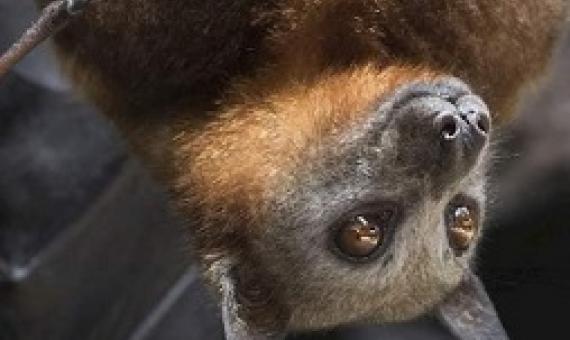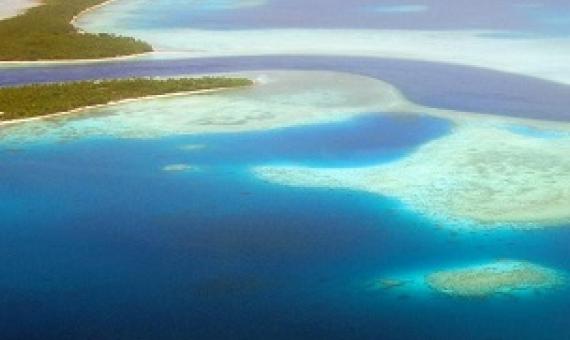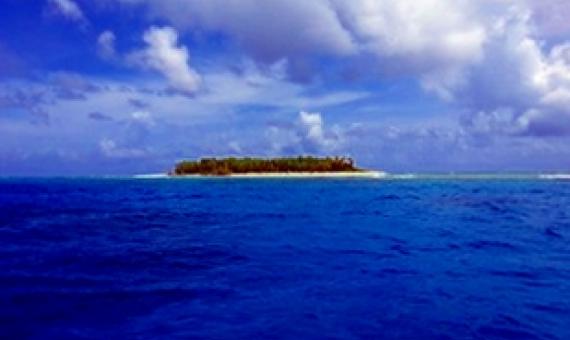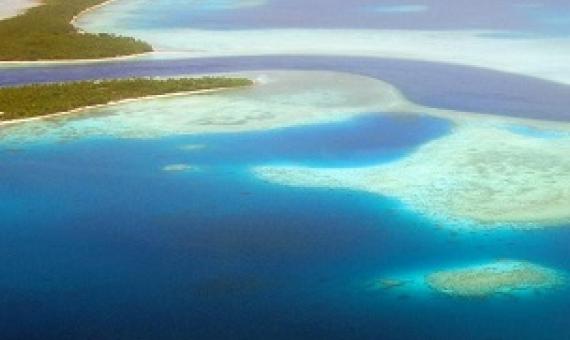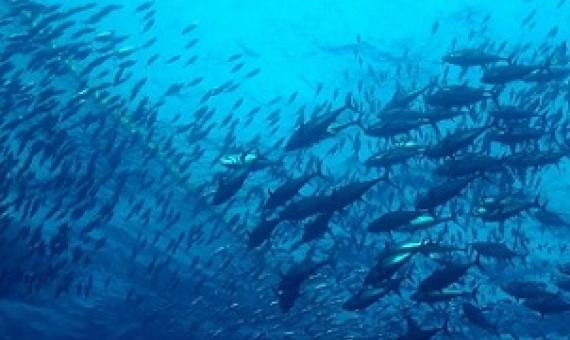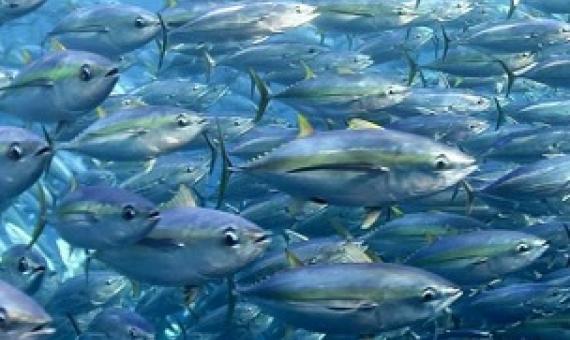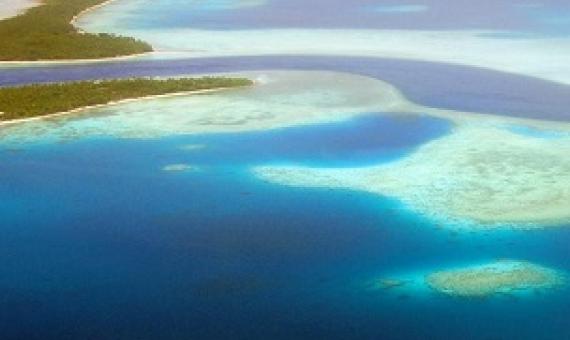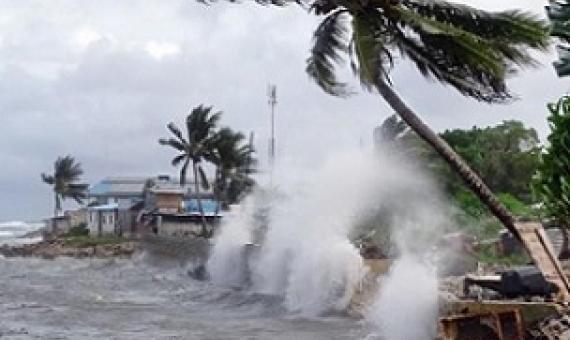A whopping 191 different bat species live in the Pacific Islands across Micronesia, Melanesia, and Polynesia—but these are, collectively, the most imperiled in the world. In fact, five of the nine bat species that have gone extinct in the last 160 years have come from this region.
The impacts of human-caused climate change are severe and widespread as soaring temperatures, droughts, intense storms, rising seas and other extreme weather events will continue to be felt for centuries, according to a grim new report by the world’s top climate scientists.
Pacific Ministers have identified dealing with the immediate impacts of COVID-19 and the longer-term threats of climate change on offshore fisheries as key areas to address, at the 18th Forum Fisheries Committee Ministerial meeting (FFCMin18), which concluded yesterday.
The Pacific's coral reef systems and coastal fisheries are set for extinction if wealthy nations don't drastically and immediately cut greenhouse gas emissions.
High greenhouse gas emissions will drastically alter distribution of key tuna species.
Small Pacific Island states depend on their commercial fisheries for food supplies and economic health. But our new research shows climate change will dramatically alter tuna stocks in the tropical Pacific, with potentially severe consequences for the people who depend on them.
Pacific Island heads of states and fisheries ministers have agreed that more needs to be done to protect our oceans from ongoing threats and exploitation. The ministers made this commitment at the 5th France-Oceania Summit, which was held virtually on 19 July from Papeete in Tahiti.
Video - Virtual training workshop on ‘Introduction to the Global Database on Protected Area Management Effectiveness (GD-PAME) and related data flows’ 27-29 April 2021 - Day 3
Day 3 session of the
The climate crisis has been thrashing the Pacific Islands, causing drought, coral reef bleaching, more powerful storms and sea level rise. Super Typhoon Yutu in 2018 left thousands in the US territories of Saipan and Tinian without homes, power and running water for months.
Video - Virtual training workshop on ‘Introduction to the Global Database on Protected Area Management Effectiveness (GD-PAME) and related data flows’ 27-29 April 2021 - Day 1
Day 1 session of the

